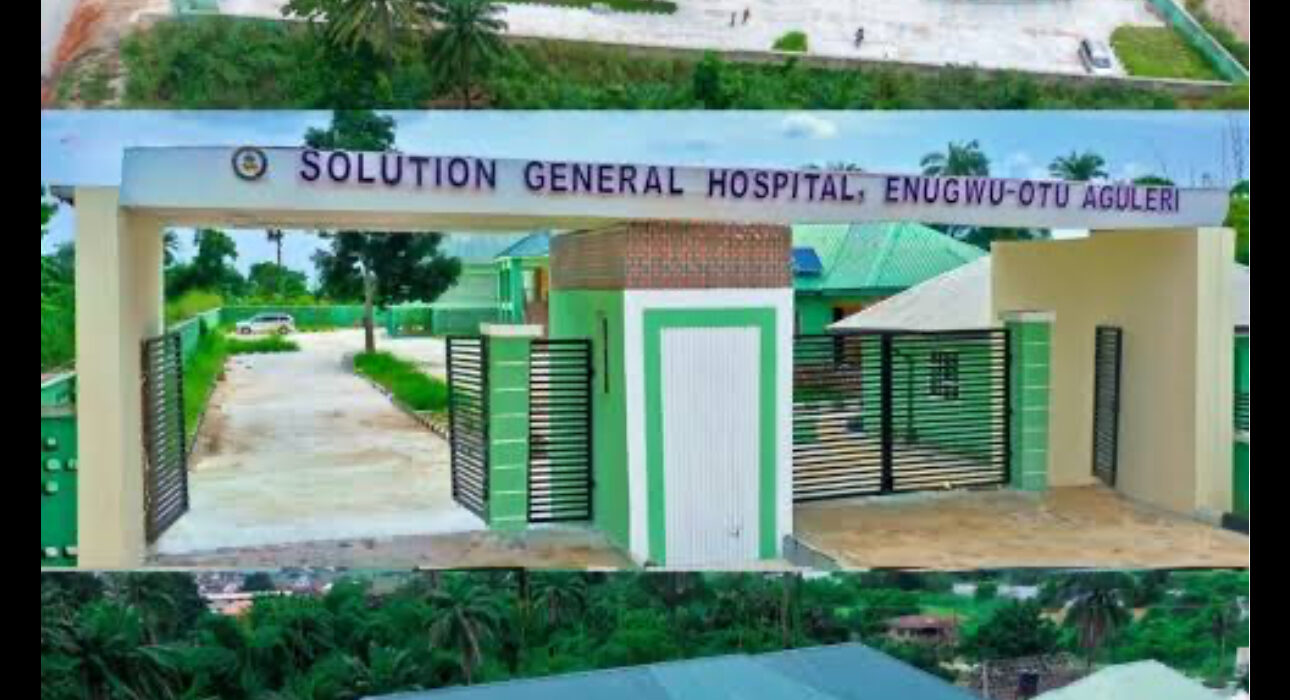Enugwu-Otu Aguleri Gets First General Hospital, Ending Two-Hour Boat Journeys for Medical Care

For the first time in history, residents of Enugwu-Otu Aguleri and surrounding hinterland communities in Anambra East Local Government Area will no longer have to endure exhausting boat trips to the mainland for hospital treatment.
The Anambra State Government has commenced the establishment of a General Hospital in the area, marking a turning point in healthcare access for the riverine population.
Before now, sick residents and pregnant women often faced more than two hours of travel by boat to reach the nearest mainland hospital, a journey that put lives at risk. While primary health centres had been set up in the past, including an ultra-modern facility and a comprehensive health centre, they were limited in capacity and unable to handle emergencies or advanced treatment.
Governor Chukwuma Soludo’s administration has described the new General Hospital project as a deliberate effort to bridge healthcare inequality in remote parts of the state.
The hospital, once completed, is expected to drastically cut delays in receiving medical attention, reducing deaths caused by treatable conditions and easing the burden on families who previously spent heavily on transport just to reach care.
Community leaders have welcomed the development with joy. The traditional ruler of Mkpunando-Otu, Igwe Johnson Mbanefo, hailed the project as “a game changer” that would save countless lives.
Similarly, Chief Ifeanyi Terry-Mokwe, President-General of Mkpunando-Otu, said the hospital offers new hope and reflects the government’s responsiveness to the people’s long-standing needs.
Leaders of Enugwu-Otu and Eziagulu-Otu also praised the project, describing it as a landmark intervention that will transform living standards across the riverine communities.
The project stands as a significant milestone for Aguleri’s hinterland, which for decades has been cut off from secondary healthcare services. With the General Hospital now underway, residents believe a new chapter has opened—one where access to medical care is no longer determined by geography or perilous boat rides across the Omambala River.








